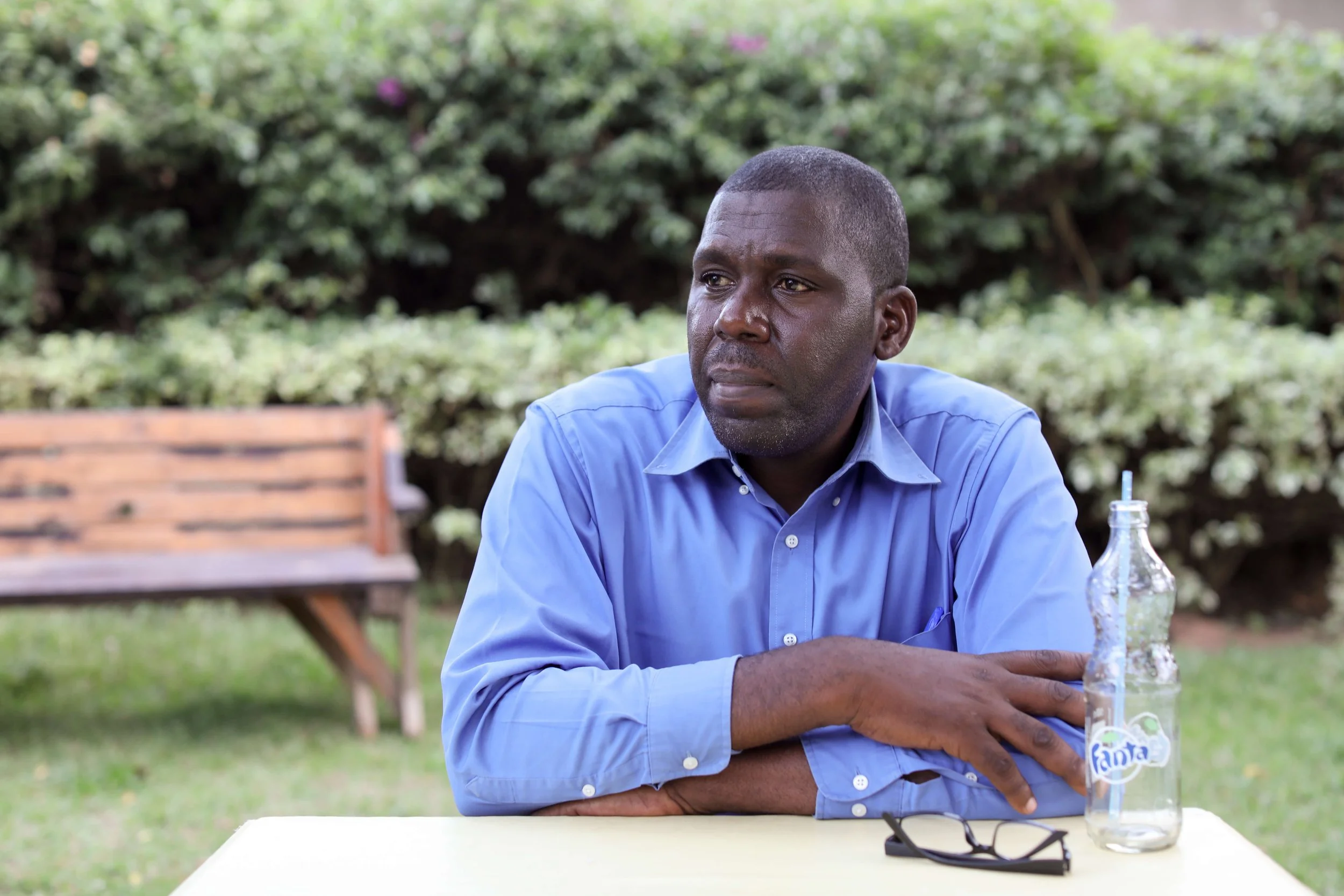The Rescuers
“There was a huge puzzle after the genocide. How do you pursue justice when the crime is so great? You can’t lose one million people in one hundred days without an equal number of perpetrators. But we also can’t imprison an entire nation. So forgiveness was the only path forward. Survivors were asked to forgive and forget. The death penalty was abolished. We focused our justice on the organizers of the genocide. Hundreds of thousands of perpetrators were rehabilitated and released back into their communities. These decisions were agonizing. I constantly questioned myself. But each time I decided that Rwanda’s future was more important than justice. It was a huge burden to place on the survivors. And perhaps the burden was too great. One day during a memorial service, I was approached by a survivor. He was very emotional. ‘Why are you asking us to forgive?’ he asked me. ‘Haven’t we suffered enough? We weren’t the cause of this problem. Why must we provide the solution?’ These were very challenging questions. So I paused for a long time. Then I told him: ‘I’m very sorry. You are correct. I am asking too much of you. But I don’t know what to ask the perpetrators. ‘Sorry’ won’t bring back any lives. Only forgiveness can heal this nation. The burden rests with the survivors because they are the only ones with something to give.’”
“It might not seem possible for a nation to heal from genocide so quickly. And some might think that our reconciliation is surface level. But it runs deeper than that. If we were truly a nation playing ‘make believe,’ our progress would have been impossible. Rwanda’s per capita GDP has grown nearly 500% since the genocide. And I understand that economics might seem like a dry subject, but you must consider what it represents. It represents Rwandans working together. And trading together. And trusting each other. It represents a consensus that our best future is a shared one. Without true reconciliation, we’d have never come this far. Do tribes still exist in Rwanda? Of course. There will always be divisions between us. I can’t ask people to forget about these things. But I tell them: ‘Consider the ways that we are a single tribe. We all speak one language. We all have the same culture, and dances, and behaviors. So be proud of who you are. But also be proud of being Rwandan. Because that is something all of us are.”










